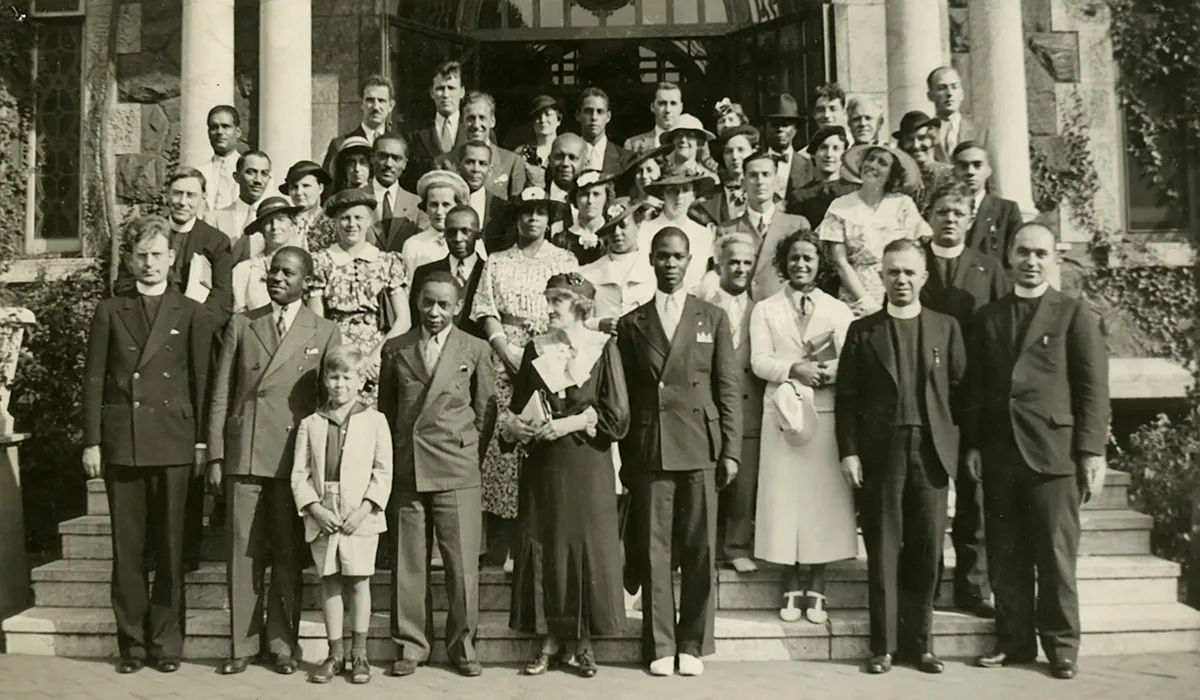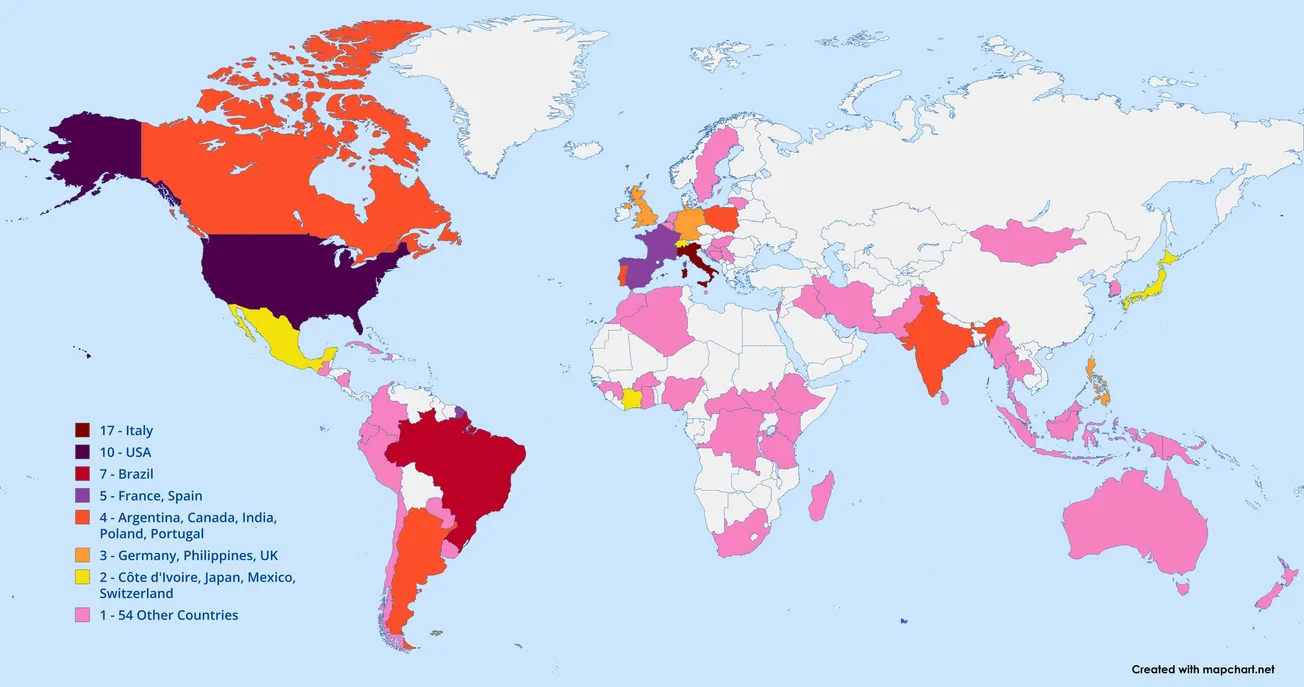The leaked Supreme Court draft on Roe v. Wade has produced an explosive reaction that illustrates interesting (and often conflicting) dynamics on the abortion issue. The debate took center stage in the national town square, and likely will again very soon. That being the case, and given how polarized voters seem to be, that debate is either very good, or very bad for Democrats as they seek to retain, or gain more, political power on the local, state, and national levels.
Of course, many factors—such as who you are, where you live, and who you represent—come into play if you are a Democrat in this current political environment. With that said, it is precisely these factors that should be considered by the Democratic Party as a whole, especially when it comes to issues of “life”. In many jurisdictions, candidates have an opportunity, as Democrats, to make clear their support for pro-life issues, using messages specifically tailored to their constituencies.
Statistics show that across all levels of government, there are at least 70 pro-life Democrats, currently serving in 14 states, including New York, Pennsylvania, Massachusetts, and Rhode Island. These are states that, while regarded as Democratic strongholds due at least in part to significant Catholic populations, have seen some slippage among their traditionally blue base. Accordingly, Democrats in those states and in similar jurisdictions should offer a principled message that meets constituents where they are.
On any question regarding Whole Life issues, the Democratic Party would do well to allow pro-life candidates to tell their personal stories and explain their positions, moving beyond abortion to articulate their support for addressing other issues such as food insecurity, the maternal mortality rate, an adequate primary healthcare system, and protecting the environment.
Doing so would offer the party a means of conveying a consistent message rooted in traditional Democratic values, which would serve to not only influence, but also enhance a holistically progressive Democratic policy agenda. To that end, institutional support of pro-life Democratic candidates can help the entire party by following a three-fold strategy:
- Localizing issues to make the discussion relevant to specific constituents.
- Personalizing issues to make the discussion relevant to specific candidates.
- Globalizing issues to expand the discussion to include ALL pro-life concerns.
Before he was unceremoniously driven out by the New Jersey Democrats earlier this year, A.J. Oliver, a former candidate for Morris County Commissioner, was a prime example of the party’s current strategy, which is futile. Morris County is in New Jersey’s 11th Congressional District and voters there have tended to be more conservative, “traditional” Democrats compared to other districts.
Alas, Oliver fell victim to the current polarizing orthodoxy of the party politics of our time and eventually switched parties.
It is understandable that Mr. Oliver became frustrated with the hardliners among his fellow Democratic brethren. However, for candidates who are willing to stay in the party and fight, an opportunity still exists for such candidates to personalize the issues and help make the argument for pro-life Democrat witness. They would have a chance to highlight the traditional Democratic values that make them who they are, inviting voters to discover the roots of their progressive politics. They will then have the opportunity to discuss the overall specific needs of their jurisdiction.
Here, instead of ostracizing its pro-life members, the Democratic Party would do well to move beyond the abortion issue itself and instead strengthen the case for Democratic policies that would serve to care for those already born. In a press release issued by Democrats for Life of America on the Texas Heartbeat Act, DFLA President Monica Sparks stated that “DFLA challenges Texas to do more supportive work and address other issues such as: abuse, childcare, education, workplace and workforce (equity) and better pay, attainable (and affordable) housing, and environmental justice.”
Candidates can also globalize the discussion to expand the argument included in other pro-life Democratic priorities, and the Democratic Party itself will have the opportunity to fully articulate its case for having the best candidates. Kristen Day, DFLA’s executive director, demonstrated this in an opinion piece for America Magazine, issuing a challenge to address concerns beyond offering access to abortions.
She noted that, as the Texas Heartbeat Law is implemented, Planned Parenthood of Texas has an opportunity to “provide women with real medical care, not the Band-Aid of abortion”, by focusing on prenatal and postnatal medical care along with providing the “clothing, diapers, parenting classes and other meaningful support” offered by the crisis pregnancy centers Planned Parenthood tends to criticize.
The Democratic Party has an opportunity to open the doors of its “Big Tent” and address the concerns of all of its constituents. Again, many jurisdictions and candidates have a prime opportunity as Democrats to make clear their support for pro-life issues, using messages specifically tailored to their constituencies.
I hope Democrats take advantage of that opportunity before it’s too late.
Douglas M. Stringer, JD is a Business, Political, and Government Relations Consultant in Washington, DC, where he is a proud member of St Augustine Catholic Church. He currently serves as the Candidate Outreach Director for Democrats for Life of America.








